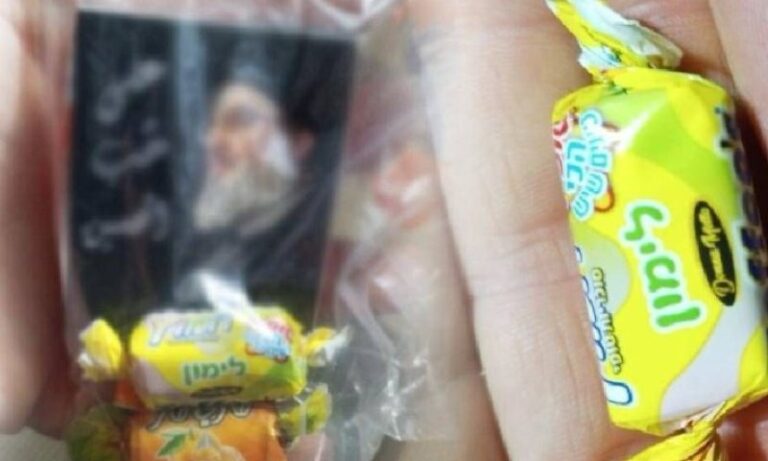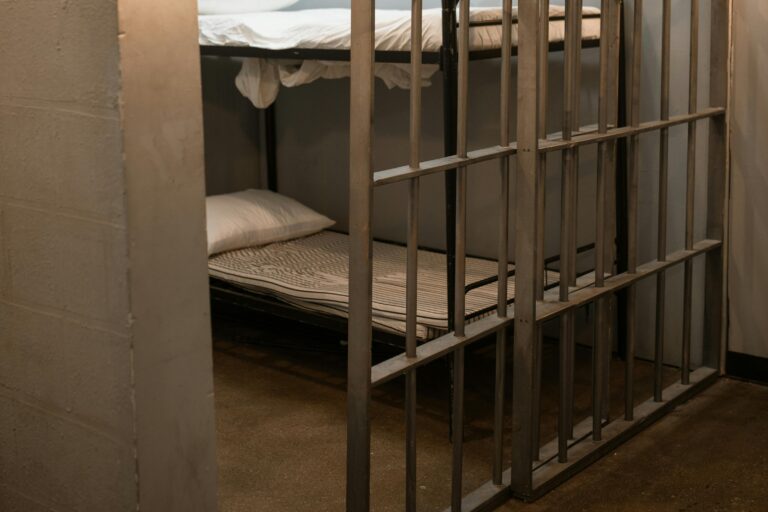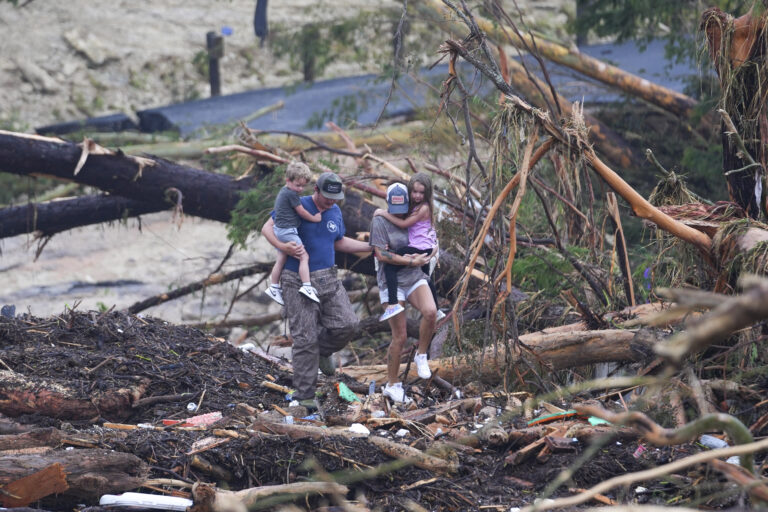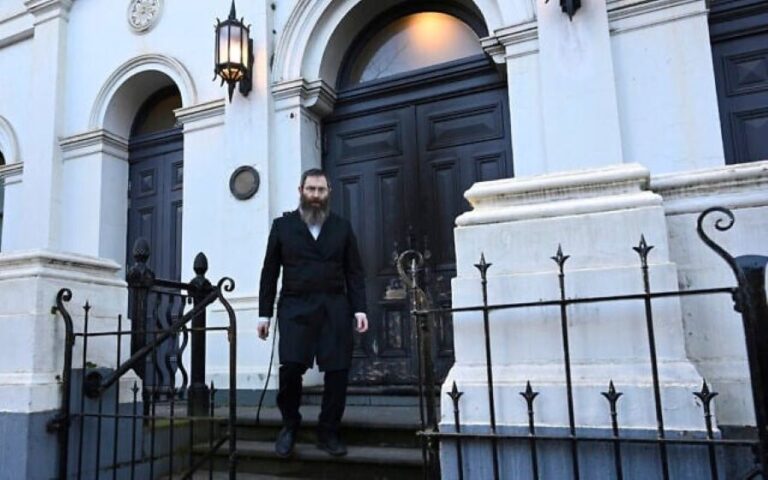For those of us who strive to live halachically, even seemingly minor mitzvos carry immense significance. One such mitzvah is the prohibition of shatnez—the mixing of wool and linen in a garment. It’s a mitzvah we are careful to observe, especially in today’s world of diverse fabrics. But one question lingers in my mind: why does shatnez checking cost so much?
Recently, I purchased a jacket from a reputable brand, known for being shatnez-free. Still, I took it to a local shatnez checker, as is the proper practice. I expected a nominal fee of $5 or $10 for the check. Instead, I was told it would cost $20—more than I’ve paid for dry cleaning! The entire process took less than two minutes, leaving me questioning the fairness of the fee.
To be fair, shatnez checking requires expertise, tools, and precision. Identifying wool and linen mixtures isn’t as simple as reading a tag; sometimes microscopes or other techniques are necessary. But for a process that often takes only a few minutes, $20 or more feels disproportionate, particularly when compared to services like dry cleaning or tailoring, which involve more labor-intensive work.
This raises a broader concern: while shatnez checking is essential, the high cost can deter people from fulfilling this mitzvah. For families with multiple garments to check, these fees can quickly become a financial burden.
Another issue is the lack of transparency in pricing. Some checkers charge $15, others $30, with little explanation for the discrepancies. A standardized pricing system or clearer breakdowns of costs could alleviate some of the frustration.
Could technology provide a solution? Advances in fiber analysis might streamline the process, making it quicker and cheaper. Not every garment requires an exhaustive check, and introducing simpler options for less complex items could reduce costs.
Observing mitzvos like shatnez should be accessible to everyone, not a financial strain. As a community, we must ensure that the cost of fulfilling this mitzvah doesn’t discourage people. By addressing pricing inconsistencies and exploring innovations, we can make shatnez checking more affordable while maintaining its halachic integrity.
It’s time to ask: how can we make this crucial service cheaper and more accessible?
Signed,
D.H.
The views expressed in this letter are those of the author and do not necessarily represent those of YWN. Have an opinion you would like to share? Send it to us for review.












28 Responses
Ask your Rabbi if you need to check for shaatnez for every item. You might be able to rely on chazaka etc. In certain circumstances.
Years ago I thought that computers should be able to scan the shape of the threads and give an analysis of the garment. I still remember the two people who i mentioned it to. Since then technology has grown by leaps and bounds. This should be relatively easy nowadays. However, I can well imagine that it would not be cost effective. The research involved in developing and producing such a machine would probably make the whole venture economically useless. There is not such a big market for this and the investment might take a lifetime to pay itself back. I don’t know.
As far as the expense of $20 – yes it’s only 2 mins,but again, taking into account all that is involved (studying the field, rent, equpmnet, advertising etc.) I think that it not not generate too much income. I have never heard of anybody who struck it rich by checking for shatnez, or setting up a lab. It has never been touted as a money making profession. Maybe it’s a top secret and we’ve never been let in on that.
Or maybe the fees are really justified.
I was just told by a Shatnez checker that there are plenty of cheaper checkers that don’t charge near 20 dollars.
Make this crucial service cheaper and more accessible by increasing the number of people who are trained to do it.
Every large synagogue and yeshivah should have its own shaatnez inspector.
Please understand, when one checks a clothing, ie jacket, there could be many problems. Some can be checked very easily, but some when checking can require more checking. Ie, they can check the collar what is inside. If there is nothing but obvious wool, then it can be over in a few minutes. But if there is other materials, then they need to spend more time taking it apart and may require checking under a microscope (since there are some materials such as ramie that look very similar).
One has to charge without knowing how complicated it would be.
I am suprised how cheap it is to check.
To give an example, “computer doctors” will charge an initial fee of $100 to fix a computer that has viruses, plus more per hour. Sometimes they can find the virus and fix it in ten minutes, sometimes it will take hours. Someone who has a ten minute fix may ask, “Why I am spending so much”, while someone who has very complicated issue will be greatful for the price.
Why only when it comes to Mitzvahs we start to be stingy and question why it cost so much?
When you call a plumber and he repairs an item that costs in you local hardware store maximum $5 and he is in your house maximum 5 minutes and charges minimum $120 we don’t ask any questions and we pay, because that’s the price.
So let this Shatnez checker make he well deserved money too.
And they won’t close the seam unless you pay them more
If you think any service is too expensive why don’t you start a competition?
Let’s start pointing fingers to ourselves first.
Move to monsey it is much cheaper to check shatnez there
Supply and demand. It’s free market, People will charge as much as the market will let them. You would do the same thing.
This whole letter makes no sense but most importantly, you’re not paying for the labor. You’re paying for the expertise.
It’s called overhead…
There are expenses that you don’t see
I don’t know where you live, but most neighborhoods have multiple places that check. Maybe “price shop” next time
Also, a suit is different than a sweater or a pair of pants. It needs to be checked in multiple places. Hence the higher price tag.
And, lastly, comparing the mitzvah of shaatnez testing to dry cleaning and complaining about the comparative pricing is a disgusting way to make a point. Don’t ever compare the chashivus (and value) of a mitzvah to a simple suit cleaning. They are miles apart.
Why do we rely on chazaka except for when it comes to Shatnaz? If it’s known that these XYZ brands were never a problem why check? You may even be over bal tashchis on the money unless you feel you are supporting a family in a B’kovodige way. But I definitely don’t even see the chumra. Chazaka is Chazaka
Keep in mind that the guy that’s testing your suit has a family to Support and that’s how he makes a living if he only charges 5-10 a suit he’ll barley make ends meet as a lot of stores say their suits don’t need checking
The cost of living these days is just exorbitant, and it keeps climbing. Honestly, most people are struggling to make ends meet. When someone’s unemployed, people are quick to say, “Just go drive for a car service!” But the truth is, everyone has their own sense of self-worth. Not everyone is willing to take on a job that doesn’t pay what they believe they’re worth. It’s not just about the money—it’s about dignity.
Let’s talk about suits. A decent 100% wool suit is far from cheap. The basic ones, the glued (fused) suits, are around $200-$300 on average. If you want a good proper suit, that will last, like a half-canvassed suit, you’re looking at least $450 (and that’s considered budget). And a fully canvassed suit? That starts at about $1,500. Then you’ve got the tailoring costs. Do you even try to bargain with your tailor?
If someone is already spending so much money on a suit, why is everybody complaining about the cost of getting it tested for shaatnez? Yes, for me, paying $20 to get each of my suits wasn’t easy, but at the end of the day, I’m fulfilling a mitzvah. Shouldn’t that be enough to do it b’simcha?
I hope that everything I do is 100% לשם שמים, and not for the sake of reward. But just imagine—the reward for even a small mitzvah like this is beyond what we can comprehend. Doesn’t that make it all the more worthwhile?
I’ve been paying attention to the testers lately. Decades ago, the ones I used to go to were extremely quick, but the one I’ve been using recently (more because it’s the closest one in the vicinity and he is available), I watched him work, and it was hard to watch. He made openings in the seams and collars, digging in, and it looked to me like he was destroying my expensive suit — plus, he didn’t bother to sew them back up.
Watching it was painful—I couldn’t help but think, “I really don’t want to come back here.” (Though, to be fair, most people probably just drop off their suits and never see the process.) But what choice do I have? And then you hear those unsettling stories—people who had their suits tested years ago, only to have them retested by a different shaatnez tester years later, only to discover that the suits had shaatnez all along.
There’s this famous story about the Steipler. He was traveling to meet his future rebetzin, and during the 36-hour train ride, he refused to sit down because he was worried the seat cushions might have shaatnez. By their meeting, he was so exhausted, he fell asleep.
Then there are certain groups of Yerushalmis who have a takana not to wear wool at all. If I’m not mistaken, this practice originated with Rav Aharon (Areleh) Roth, the Shomer Emunim Rebbe זצ״ל, who was niftar in 1947 (תש״ז). R’ Arele was a giant among giants, fully aware of the profound significance behind every one of his actions and teachings.
If you search all the maareh mekomos, you will find that they are spiritual consequences. It’s written in many seforim from the Rishonim and Acharonim about the impact of wearing shaatnez. In ספר הציוני, (as one of the sources) it’s brought down that one who wears shaatnez will have his tefillos unheard or unanswered for 40 days. When you put it all into perspective, paying $20 to check my suit for shaatnez feels like a small price to pay. Better to be safe than sorry, both spiritually and practically.
It’s also important to find a “Normal” checker who follows standard procedure.
Years ago when asked about a local checker the R’Y said, “This checker could find shatnez in a head of lettuce.”
Whether it’s being too Machmir or OCD or whatever, find a “Normal” checker.
Get a life and stop making issues and op eds every time someone picks their nose…. if u really need an explanation cleaners is residual and shatnez is one time… go by a polyester suit and u won’t have the issue… maybe make a campaign so everyone should buy them and we will teach those evil Shatner ppl a lesson
Yup.
I have a lot of similar complaints.
Why are cars so expensive?
ICars are basically just some metal and screws and wire and glass, and besides, they crush lots of old cars each year, so the metal shouldn’t be too expensive.
I mean, is not like I know anything about the topicof shatnez, or like I had to ask anyone knowledgeable before shooting off my two sense on the subject, but there’s no need for research or fact checking, anyone with half a brain (like me) can tell there’s a problem here.
I need to stop writing, I’m running off to Washington now to advise NASA on how they can compete with Musk’s space company. That should be an easy fix. Won’t take any brains. Besides, I’m good at this kind of stuff.
It requires skilled labor. Skilled labor these days runs $30 and hour (and that is on the cheap side).
It requires skilled labor to repair the garment afterwards.
One is always allowed to learn how to check their own garments, but few people the halachic, scientific and tailoring skills to do so.
It requires skilled labor. Skilled labor these days runs $30 and hour (and that is on the cheap side).
It requires skilled labor to repair the garment afterwards.
One is always allowed to learn how to check their own garments, but few people the halachic, scientific and tailoring skills to do so.
If the air conditioner repairman fixes your AC in two minutes he’ll charge you a lot more than $20.
The vast majority of items sent to shatnez checking is halachically optional at best.
There should be a phone number that you can call that charges $0.25 per item to inform you whether there is a chiyuv to check. If it must be checked, the fee should be refunded. It must be manned by someone in the halacha business and not in the shatnez checking business. Good business idea right there.
A family member of mine is an experienced seamstress. She can look at a dress carefully, and determine if it needs to be checked. How much would you pay her for her services, after which you would still need to take your dress to an expert who has a microscope to pull out fibers from multicolored fabrics?
She says a tailored suit would need to be opened in now places. The buttonholes, and all seam bindings could have shatnez. And every piece of interfacing, which is under the collar, under or inside the lapels, in the shoulder padding, and possibly in other places.
If you want, you can just wear a chassidishe (chassidei gur) “shmatte”. No buttons, no bindings, no facings.
Or a good golf shirt and chinos.
She was actually educated by Rabbi Nussbaum, talmidei Mikdash Melech, and Lakewood shatnez testers in these matters.
I also asked why my Shatnez checker is riding around is a new model Range Rover and his wife in a Tesla!
They are absolutely not! These are dedicated yungerleit who care to be מזכה us yiddin with קיום המצוה. Just think how during the summer there is hardly any checking going on as well as other times when things are slow. He also has a family and living expenses
Look at their homes, they do not live a lavish lifestyle. Why should they not be entitled to even just a meager פרנסה so that you could walk around with kosher clothing? Your letter is wholly unfair and even unjust.
I’m not a shatnez checker, but why are you picking on shatnez and stopping there maybe pick on daled minim, matzo, and these gift shops like aura home and waterdale, domani home. And second hand car ships, and all other Jewish products that are all crazy expensive for what you get. Everyone is ripping off the next jew.
Pro-rate your attorney or physician hourly rare by 30, & you shall be in total shock & disbelief, that probably way higher than $20 for 2 minutes of work.
Furthermore, I can tell you of attorneys who double charge concurrently, charging 1 client for travel time to him/her whilst speaking to another client whilst driving & charging other client since time on phone is also charged, whereas שעטנז checker cannot check any garment whilst driving to another client
Some additional notes:
• Some of those who established the Shatnez testing in Lakewood actually went to a college to learn about textile manufacturing
• you are already using the internet.
Ýou can research information that would answer your questions
• You can use your gemarra kup to do your research… Google is your friend
• l made it easier for all of you:
I put Lakewood Shatnez testers into a Google search engine:
I got this article, dated November 6, 2024
alert issued by Lakewood’s Shatnez testers, a woolen suit from the men’s brand Alesso was found to contain shatnez….The suit, which is produced and sold by a Jewish-owned company, has sparked concern….The discovery is significant because the fabric in question, which contains both wool and linen, qualifies as shatnez even if found in a suit made of polyester or other materials….This revelation follows reports from shoppers who were assured by salespeople that the suit did not contain shatnez, highlighting the need for vigilance when purchasing clothing, particularly from Jewish-owned stores….The alert serves as a reminder to the community that shatnez testing is an essential step before wearing any woolen or linen garment, and shoppers are urged to verify that all purchased clothing has been properly tested.
The lakewood voice Has a very interesting archived article dated December 21, 2023,
“Threaded with care”
An interview with Rabbi Yosef Sayagh
Who is an expert in Shatnez testing.